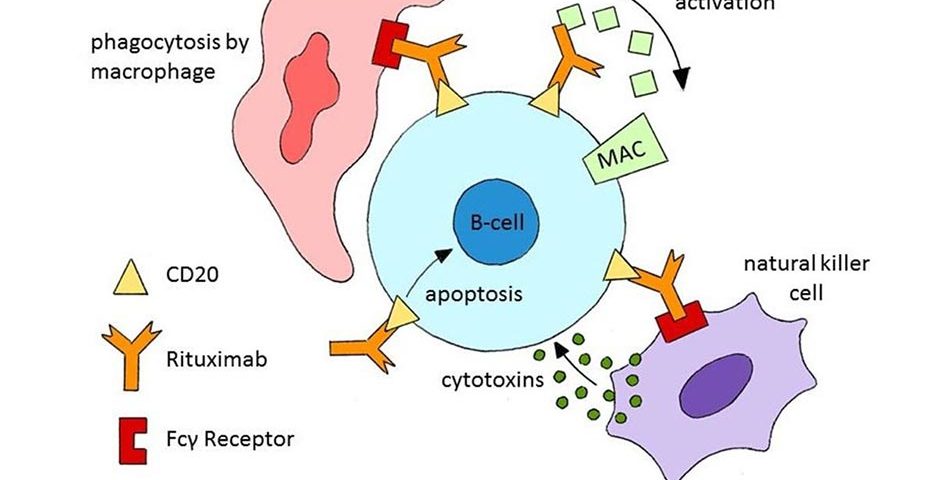Targeted therapy

Bone Marrow Biopsy
5 January، 2013
Chemotherapy
3 December، 2015
Targeted Therapy
Apart from radio- and chemotherapy, monoclonal antibodies (MoAbs) represent a new, more selective tool in the treatment of hematological malignancies. MoAbs bind with the specific antigens of the tumors. This interaction is a basis for targeted therapies which exhibit few side effects and significant antitumor activity.
In many cases of hematological malignancies the classical chemotherapy did not show the expected effects. For this reason the scientists have been trying to find a new, more selective therapy, which would target only neoplastic cells. In 1997, for the very first time, a novel treatment was introduced. Rituximab, the first anti-CD20 monoclonal antibody (MoAb). It has had such a long lasting impact that you can now come across the term “rituximab era” in the medical literature. Today, targeted therapy, based on selective inhibition of molecules, is becoming increasingly popular.
The most commonly used monoclonal antibodies in clinical practice are: Rituximab (anti-CD20) for the treatment of B-cell NHL, and CLL, Brentuximab (anti-CD30) for the treatment of Hodgkin lymphoma, Alemtuzumab (anti-CD52) for the treatment of chronic lymphocytic leukemia, Eculizumab (anti-C5) for the treatment of both Paroxysmal nocturnal hemoglobinuria (PNH), and atypical haemolytic uremic syndrome (aHUS).



